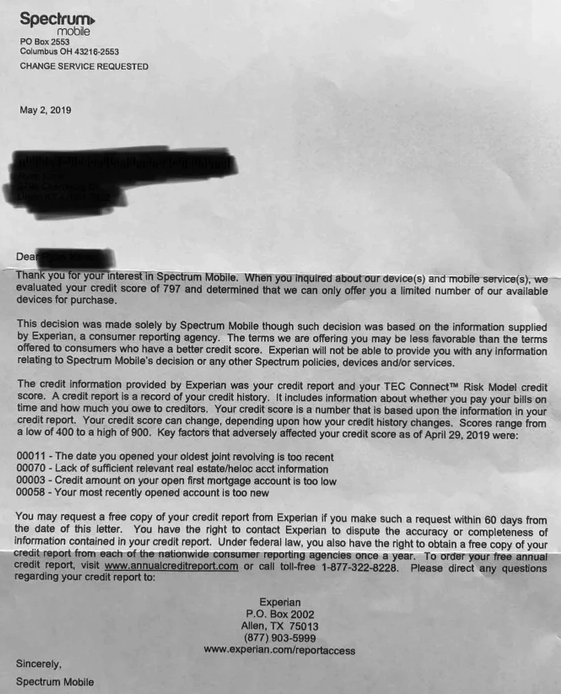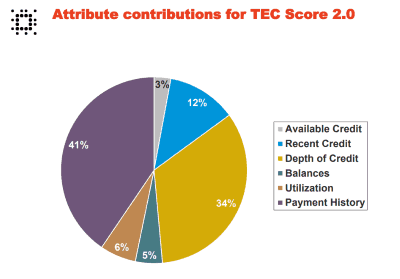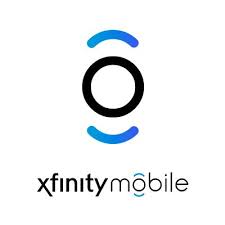Altice USA could be your next cell phone provider, if you subscribe to Cablevision’s broadband service in the metro New York City area.
The Wall Street Journal reports Altice is preparing to launch an unlimited calling/texting/data plan that will cost between $20-30 per month, powered by Cablevision’s in-home Wi-Fi, its network of public Wi-Fi hotspots, and Sprint’s 4G LTE network.
The service, likely to be called Altice Mobile, is the latest entry from cable operators pitching low cost mobile service as an incentive to keep customers from switching providers. Altice will charge dramatically less for its unlimited plan than Xfinity Mobile and Spectrum Mobile ($45) — both reselling Verizon Wireless service — (with speeds reduced to 1 Mbps download and 512 kbps upload after 20 GB of data usage in a month.)

Customers using AT&T and Verizon pay even more. Unlimited monthly plans for a single phone start at $80 at Verizon and $70 at AT&T, depending on bundling certain other AT&T-owned services. For less than half the price, Altice Mobile would deliver all the same services larger providers offer, although Altice intends to offload as much usage as possible to its network of Wi-Fi hotspots, to keep costs low. Before Altice acquired the cable company, Cablevision built a major Wi-Fi presence in the New York City metro areas where it provides cable service. Altice announced it intends to strengthen that network to support its mobile initiative, including the possibility of deploying its own small cell network.
Where Altice cannot supply its own wireless connection, it will rely on Sprint to take over, paying the cell phone company for its customers’ traffic. In return, Sprint will be able to bolster its network in Altice’s service area, perhaps even using Altice’s fiber-to-the-home network, now under construction. That could help Sprint launch 5G service relatively soon in the region, regardless of whether its pending merger with T-Mobile USA is approved. To protect the venture, Altice has secured an agreement with both T-Mobile and Sprint not to terminate its contractual agreement with Sprint should a merger be approved. But the service will still be dependent on network owners like Sprint willing to sell connectivity. Should Altice Mobile take a significant share of the market, network owners may be reluctant to renew such contracts, or price them much higher at renewal time, raising prices.
The cable industry’s incentive for getting into the wireless business, even if it proves unprofitable, is plain to see. All entrants require their mobile customers to maintain a broadband account in good standing to qualify for mobile service. Comcast, Charter, and Altice are aware their video packages are increasingly untenable in a cord-cutter’s marketplace, but maintaining internet service remains essential. In most areas where the cable operators provide service, Verizon or AT&T also sells both broadband and wireless service. Customers may be reluctant to bounce between providers looking for a better deal if they also have to switch mobile providers at the same time.


 Subscribe
Subscribe Spectrum Mobile customers who sign up for cell service can expect an inquiry about their creditworthiness, and some customers with near-perfect FICO scores are embarrassed to discover Spectrum considers them too risky, thanks to an Experian credit scoring model developed specifically for utilities, phone and cable companies.
Spectrum Mobile customers who sign up for cell service can expect an inquiry about their creditworthiness, and some customers with near-perfect FICO scores are embarrassed to discover Spectrum considers them too risky, thanks to an Experian credit scoring model developed specifically for utilities, phone and cable companies.

 Charter Spectrum’s broadband-only customers run up more than double the amount of broadband usage average customers subscribing to both cable TV and broadband use, and that consumption is growing fast.
Charter Spectrum’s broadband-only customers run up more than double the amount of broadband usage average customers subscribing to both cable TV and broadband use, and that consumption is growing fast.
 Comcast and Charter Communications are losing money on their cell service plans because their partner, Verizon Wireless, sets its wholesale rates too high, making certain the two companies cannot cannibalize Verizon’s own customers for long.
Comcast and Charter Communications are losing money on their cell service plans because their partner, Verizon Wireless, sets its wholesale rates too high, making certain the two companies cannot cannibalize Verizon’s own customers for long. Comcast and Charter Communications have no real interest in competing head-to-head in wireless with AT&T, Verizon, T-Mobile, or Sprint. Instead, the two cable companies hope to trap you in a bundled package of services too inconvenient to cancel.
Comcast and Charter Communications have no real interest in competing head-to-head in wireless with AT&T, Verizon, T-Mobile, or Sprint. Instead, the two cable companies hope to trap you in a bundled package of services too inconvenient to cancel.
